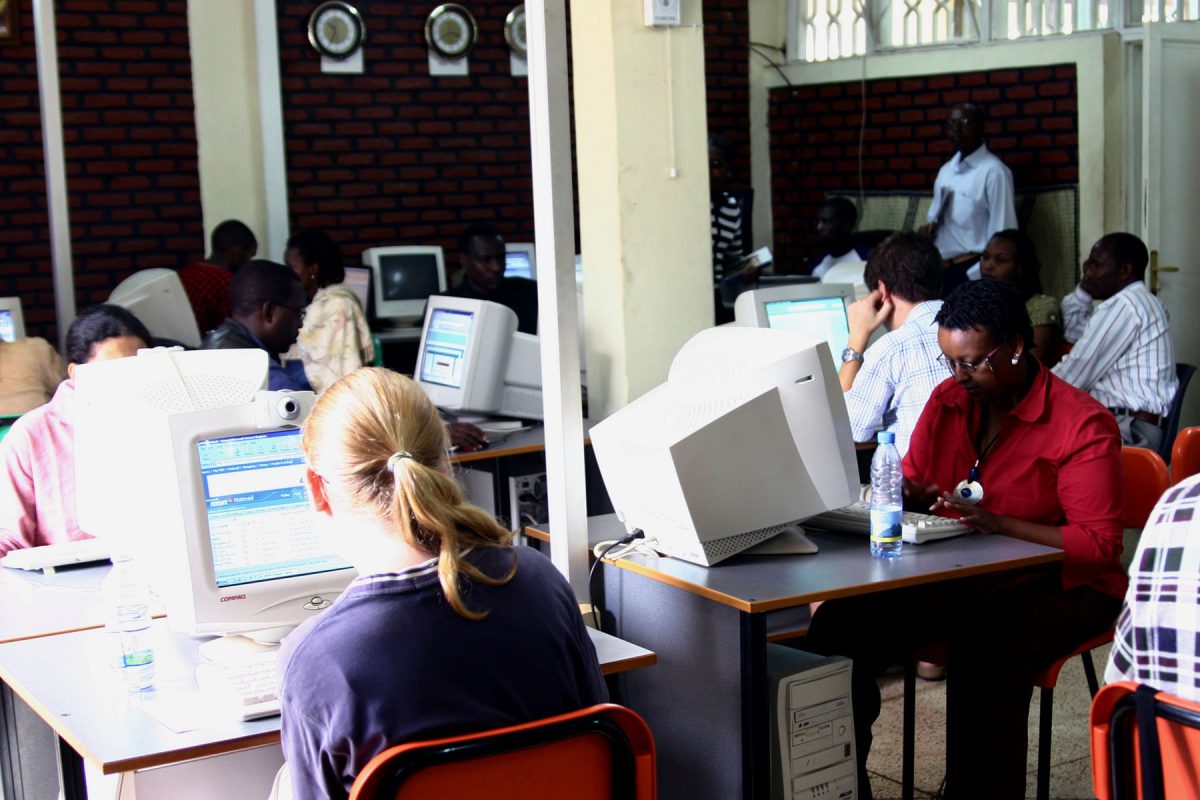ICT4Democracy in East Africa Network: With funding from the Swedish International Development Cooperation Agency (Sida), CIPESA is coordinating this project, which includes sub-granting to the following partners: the Commission for Human Rights and Good Governance (Tanzania), iHub Research (Kenya), the Kenya Human Rights Commission, Women of Uganda Network, Toro Development Network, and Transparency International Uganda. The Network uses ICT to promote citizen participation in democratic processes, human rights monitoring and social accountability.
OpenNet Africa: This project continues from 2012 and has support from the Humanist Institute for Cooperation with Developing Countries (Hivos) and the Open Technology Fund. Activities include an examination of the threats to access, privacy and security online in Burundi, Ethiopia, Kenya, Rwanda, Tanzania, and Uganda. We are documenting internet rights violations on an ongoing basis and maintaining the www.opennetafrica.org portal as the one-stop resource on internet freedoms in Africa. We are training human rights defenders, journalists, bloggers, artists and minority groups on internet freedoms, privacy and security online; as well as testing and promoting the use of tools that enable anonymising users’ identities, secure communications and the circumvention of online censorship.
Leveraging Open Data and the Right to Information to Promote Service Delivery: The purpose of the project is to empower citizens in East Africa to use Right to Information (RTI) laws and constitutional guarantees in combination with ICT to lodge information requests from public bodies. The project also involves awareness-raising and network building activities to promote RTI in Kenya, Uganda and Tanzania. The work is supported by the Open Society Foundations.
iParticipate Uganda: This project has been ongoing since 2011 and is currently supported by Sida. Activities include training of media and civil society in the use of ICT to promote citizen participation in democratic processes; research and promoting awareness on the utility of ICT for promoting citizen participation in democratic and public accountability processes. The activities also include provision of support to grassroots public ICT access centres; and engaging policy makers and other influencers on enabling ICT related policies to support democratisation and free expression.
Local Actions to Secure Internet Rights: This project specifically focuses on promoting individual’ privacy and personal data online. Using the current drafting process of the Uganda Data Protection and Privacy Bill 2014, we are building advocacy work towards the adoption of a progressive legislation that protects individuals’ data and privacy in the digital era. The country has a number of laws that undermine the rights to freedom of expression, data protection, privacy and access to information. These include: the Anti-Pornography Act 2014, The Regulations on Interceptions on Communications 2010, Anti-Terrorism Act 2002, Official Secrets Act 1964, and the Computer Misuse Act 2011. The Ford Foundation is supporting this work through the Association for Progressive Communications (APC).

